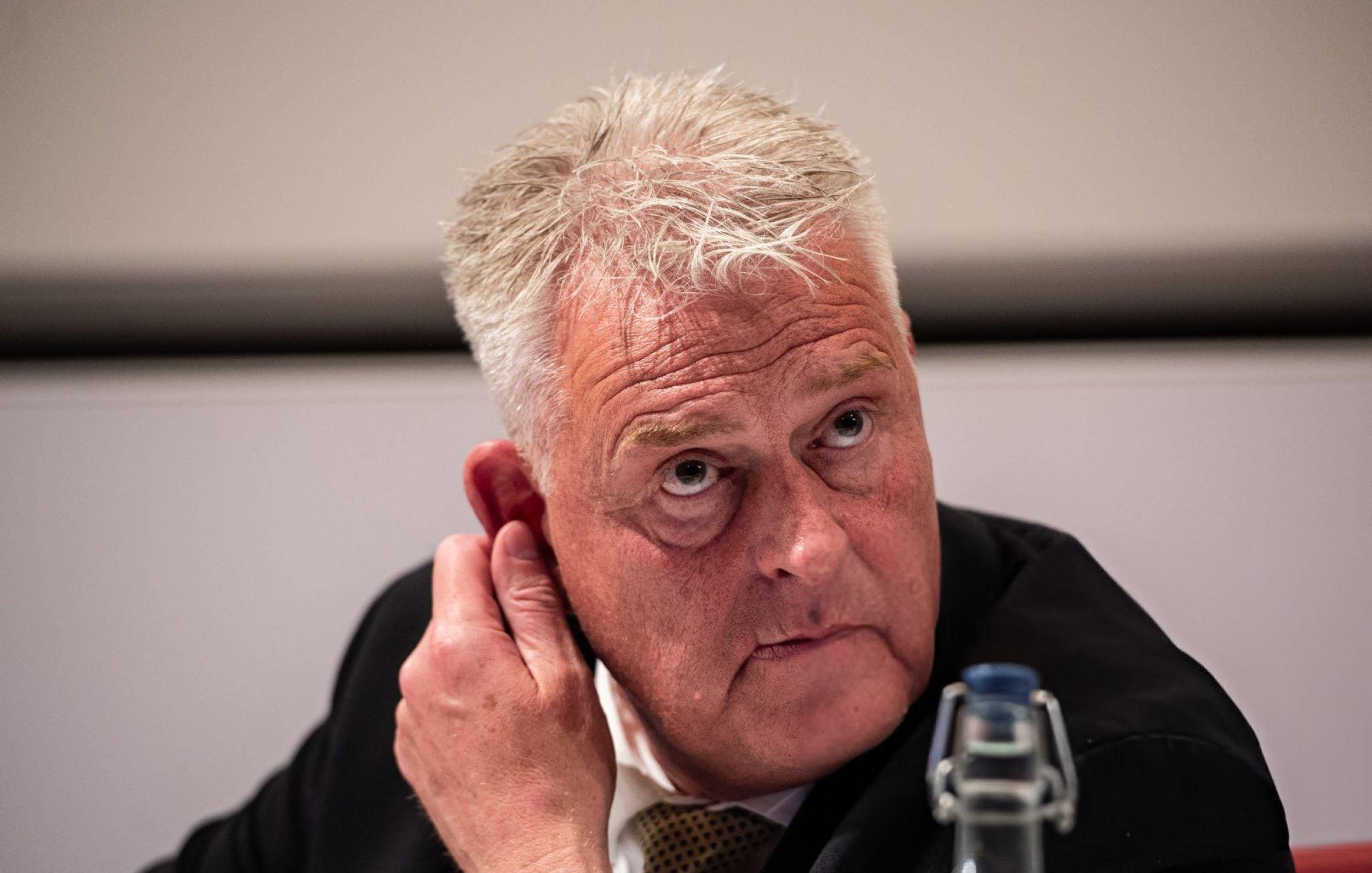‘This is Madness!’ Lee Andersone erupts during bitter UK-India trade deal row
Reform UK MP Lee Anderson has sparked fresh controversy over the UK’s proposed trade deal with India, expressing fury over what he sees as an open door to further migration under the Labour government’s leadership. In a heated televised exchange, Anderson clashed with former Labour MP Stephen Pound over the wide-ranging agreement, which aims to strengthen economic ties between the two nations.
The agreement, dubbed by the British Government as the “biggest and most economically significant” post-Brexit trade pact, is designed to boost the UK’s exports to India by slashing tariffs on key products such as Scotch whisky and automobiles. In return, India would benefit from fewer barriers to the UK market, and a controversial exemption allowing Indian workers on short-term visas to avoid paying social security contributions for three years.
But for Anderson, the deal rings alarm bells. He fears the agreement will lead to increased immigration and questioned whether Britain could cope with the consequences. “Where are they going to live?” he asked pointedly, throwing his hands to his head in exasperation when Pound replied, “Company houses.”
Visibly frustrated, Anderson snapped, “Seriously Stephen, you can’t defend this. This is madness.” He further questioned the logic of a deal that he believes would see Britain opening its doors even wider, while not necessarily benefitting its people in return.
Political commentator Emma Woolf also joined the debate, backing Anderson’s scepticism. She argued that Labour was overstating the trade deal’s potential, describing the projected benefits as “pathetic” and “barely worth celebrating.”
“When we talk about this being the greatest trade deal since Brexit, let’s look at what it actually does,” Woolf said. “It adds around 0.1 per cent to GDP by 2040. By 15 years’ time, that is pretty pathetic. If this is being hailed as an economic triumph, this Government needs to resign and walk out right now.”
Woolf also raised concerns about the preferential treatment Indian workers might receive under the deal, saying, “There are bigger concerns for Britain. Indians will get a leg up over Britons. How is that fair?”
Pound, however, strongly defended the Labour government’s move, insisting the deal represents a practical step forward in light of the UK’s post-Brexit economic realities. “If you’re right, then what a disaster leaving the EU was,” he countered. He added that the Labour government was also taking steps to manage immigration by deporting overstayers, although Woolf dismissed this point as “irrelevant.”
Anderson, not backing down, challenged that assertion, saying: “You need to stop spouting this nonsense. The people this Government is deporting are overstayers and they are being paid £3,000 to leave. Not one of these people they have deported came over on a small boat or on the back of a lorry.”
The row highlights growing divisions in the UK political landscape over how best to manage migration while securing economic growth. While Labour champions the India trade agreement as a landmark achievement that opens new markets for British goods and services, critics like Anderson see it as an invitation for increased migration at the expense of British infrastructure and workers.
As negotiations continue, it’s clear that public debate around the UK-India trade deal will remain deeply polarising—particularly when questions of immigration, national identity, and economic gain are so tightly entwined.






